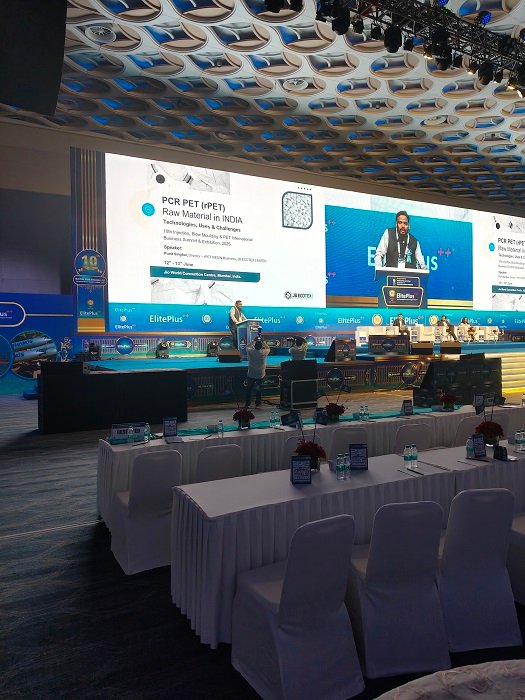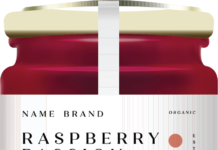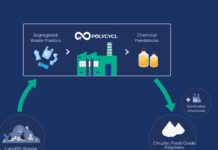
At the recent Injection, Blow Molding & PET International Summit 2025 in Mumbai, Punit Singhal of JB Ecotex highlighted the crucial role of recycling in advancing India’s circular economy goals.
Speaking on behalf of the recycling industry, he noted the shift in perception—where PET bottles, once seen as waste, are now recognized as valuable raw material. “We recycle around 125,000 metric tons of PET bottles annually, equivalent to billions of bottles,” he said.
Singhal credited the Plastic Waste Management Rules 2022, which mandate recycled content in packaging, for driving investment and innovation in the sector.
JB Ecotex, which initially relied on PET bottles to produce polyester fiber, now incorporates 50% textile waste in its feedstock and has ventured into textile-to-textile recycling. “Circularity is no longer just a buzzword—we’re seeing real changes across bottle-to-bottle, sheet-to-sheet, and textile-to-textile systems,” he said.
Discussing food-grade recycled PET (rPET), Singhal said it remains the most widely accepted solution globally, compliant with FSSAI, USFDA and EFSA standards.
As of April 2025, India has installed 250,000 metric tons of food-grade rPET capacity, with 100,000 tons already FSSAI-approved. He welcomed the FSSAI’s new FCM rPET logo and quality guidelines, which he said boosted the confidence of converters and brand owners.
He outlined the differences between mechanical and chemical recycling—two complementary technologies. Mechanical recycling involves washing and converting PET into flakes and resin, with JB Ecotex currently processing 21,600 metric tons annually and planning to scale up to 35,000 tons. It requires 99.9% decontamination and removal of harmful compounds such as benzene and limonene.
Chemical recycling, on the other hand, breaks down plastic to its monomeric level, offering nearly virgin-quality resin. JB Ecotex has developed India’s first patented chemical recycling technology in-house. “Our process filters at 1–3 microns compared to 40 microns in mechanical recycling. It ensures consistent quality, even after 50–100 cycles, and offers up to 90% lower carbon emissions than virgin PET,” Singhal said.
He acknowledged challenges such as delays in regulatory approvals, high capital costs, and trade barriers in regions like Europe, which restrict access to recycled materials without local certification. Price fluctuations in crude-based virgin resin also affect competitiveness. “Stable pricing and policy enforcement are crucial,” he said.
Addressing consumer concerns about the appearance of recycled plastic, he emphasized that food-grade PCR is as safe as virgin resin and backed by rigorous testing. “Perceptions must evolve. With greater adoption, even the color will improve,” he noted.
With the April 2025 mandate requiring 30% recycled content under Extended Producer Responsibility (EPR), Singhal stressed the need for strict enforcement. “We estimate India will generate 600,000–700,000 tons of rPET within 18 months. Adoption by brands and users is key—without it, the circular model risks collapsing,” he warned.
Singhal concluded by calling India’s recycling facilities world-class in both technology and lab infrastructure. “From molecule to material—we test what matters,” he said.










